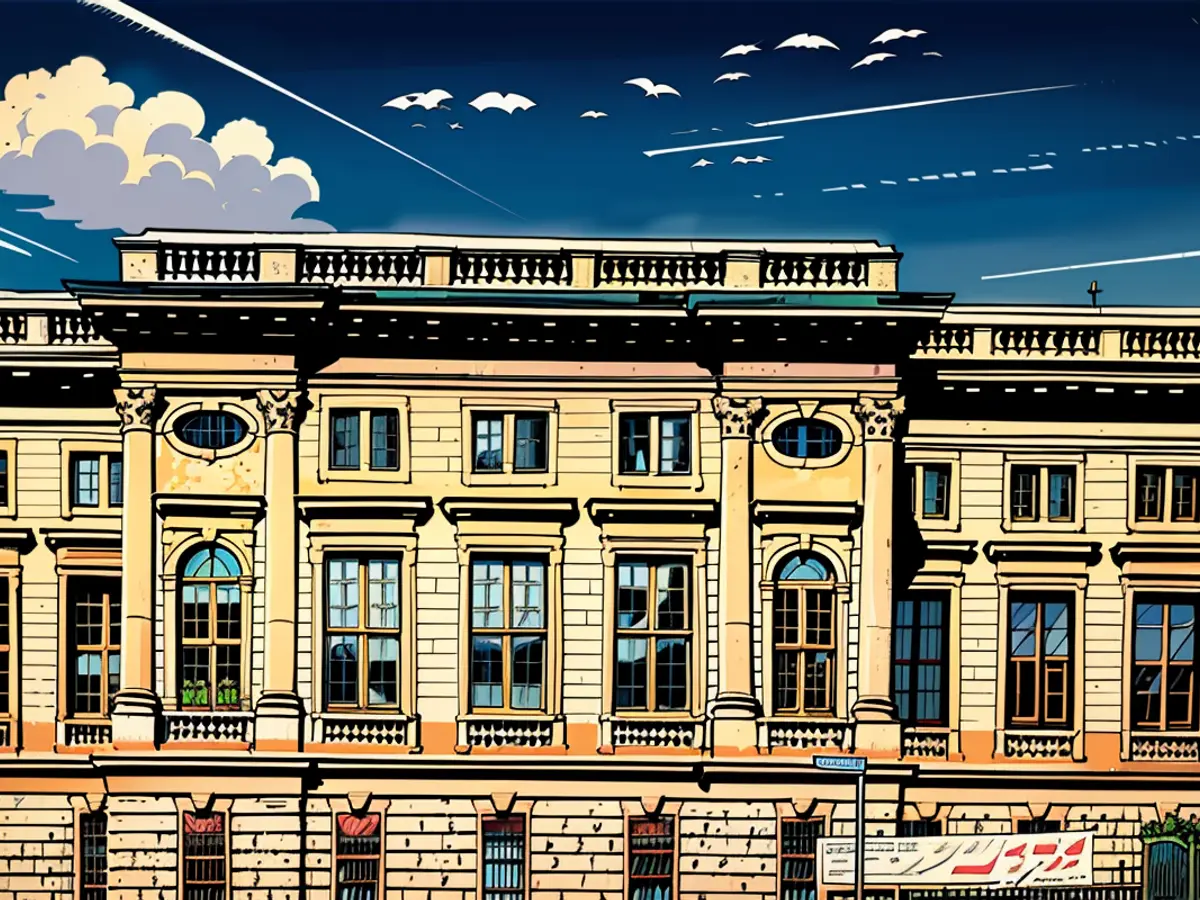Bibliotheques - Plans for the Goethe and Schiller Archive envision a more digital future.
A freshly appointed director of Weimar's Goethe- and Schiller-Archives intends to equip the eminent institution for the digital era. Christian Hain remarked during a meet in Weimar, "With the digitization of resources, we make them accessible 24/7. Additionally, we can generate research material through computer-assisted evaluation of editions." Recently, the institute has introduced a text identification software in its endeavor to undergo extensive digitalization. Hain had managed the institution for the past two years on a commission basis. Employees had to teach the AI-powered program how to decipher these authentically handwritten texts. "Text recognition software has been in existence for a while, but we primarily deal with manuscripts. It had to learn to identify them," Hain explained. As technological advancements have progressed, the software has improved significantly.
The team is now embarking on a significant digitalization project involving online exposure of Goethe's (1749-1832) personal documents such as letters and diaries. Established in 1896, the archive is the oldest literary archive in Germany. It comprises over 150 archives of thinkers, authors, and artists and that of publishers. Classik Stiftung Weimar, which possesses the archive, claims it contains more than five million sheets.
More details about Ottilie, Liszt, and the preceding Classik Stiftung:
Archiving isn't monotonous, Hain contended; "It's often unclear what treasures and latent potentials lie hidden. New revelations continue to emerge regularly." In the future, Hain wishes to center more on the individuals in Goethe's sphere. He specifically mentioned Goethe's son, August, his daughter-in-law, Ottilie, and their children's generation. The living conditions and biographies of those who took a backseat in Goethe's presence should also be illuminated, including scribes, drivers, and the cook. "The biographies, backgrounds, and lifestyles of people who were often eclipsed by Goethe should be brought into the spotlight," he commented.
List's (1811-1886) comprehensive holdings are another area he intends to focus on, as he claimed, "He was a global superstar of his time."
In addition, Hain is paying closer attention to the younger holdings of the archive, stored in 2200 boxes, containing 20th-century documents from the estate of the preceding institution of the Classik Stiftung, most intriguingly highlighting the collaborations the institution engaged in with partner entities during the GDR years.
Read also:
- In the digitization of the Weimar's Goethe- and Schiller-Archives, the focus is not only on major figures like Johann Wolfgang von Goethe and Franz Liszt, but also on lesser-known individuals such as Goethe's son, August, his daughter-in-law, Ottilie, and their children's generation.
- The digitization of the Goethe and Schiller Archive in Thuringia includes a significant project to make available online Goethe's personal documents like letters and diaries, which date back to the 18th century.
- The Classik Stiftung Weimar, which houses the Goethe and Schiller Archive, plans to utilize artificial intelligence in the digitization process to aid in the identification and deciphering of handwritten texts, including those of composers like Franz Liszt.
- As part of the German state of Thuringia's ongoing digitization efforts, libraries like the Goethe and Schiller Archive are increasingly leveraging technology to make historical resources more accessible to researchers and the public, such as in the case of Goethe's personal documents and the works of other notable figures from the region.








